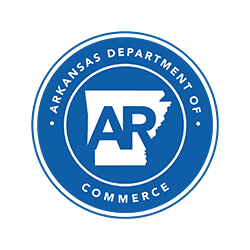Money for College
Finding Financial Aid
If you don’t have your head wrapped around the basic terms and facts, figuring out how to pay for college and applying for scholarships can be a little complicated. But don’t worry, we’ve got you covered! This publication is bursting with all the financial aid information you need.





